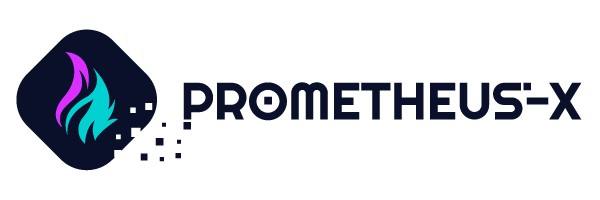Empowering Data Sovereignty with the Consent/Contracts Negotiating Agent: A Leap Towards Human-Centric Data Ecosystems
The Consent/Contracts Negotiating Agent represents a significant advancement in managing the complexity of data consent and contractual agreements within diverse dataspace ecosystems. This innovative technological framework is specifically designed to streamline the setting of consent preferences, automate responses to consent requests, and facilitate the management of contractual agreements between individuals and organizations. With features that are aligned with modern data standards and legal requirements, the tool not only simplifies the management of consent but also ensures personal data is utilized in a manner that respects user preferences and compliance mandates.
Core Advantages of the Consent/Contracts Negotiating Agent
One of the critical advantages of this agent is its robust ability to combat “consent fatigue” – a prevalent challenge where users, overwhelmed by the frequent need to grant permissions, often consent without proper consideration. By automating the matching of user consents and contractual terms, the agent facilitates a more streamlined and user-friendly process. This functionality enables users to efficiently find services that align with their privacy preferences, thereby strengthening data sovereignty and simplifying access to data-driven services.
Moreover, as the number of digital services requiring user consent and contractual negotiations continues to rise, it becomes increasingly impractical for individuals and organizations to manually customize settings and agreements for each interaction. The automated recommendation and negotiation system of the agent significantly reduces this burden, allowing for more effective management of preferences and engagements with services that genuinely respect privacy choices and contractual conditions.
Innovative Features and Functionalities
The agent is distinguished by several innovative features:
- Human-centered Data Empowerment: Prioritizing individual consent preferences and contractual needs, the agent matches these with appropriate services, promoting a data ecosystem centered around user needs and privacy concerns.
- Automated Matching and Recommendations: Leveraging sophisticated algorithms, the agent automates the process of finding the best services for users and the most compatible contractual agreements for organizations based on stated preferences and existing data sharing policies.
- Adaptive Learning and Compliance: The tool adapts to changing user preferences and updates in regulatory standards over time, refining its recommendations to better serve the evolving landscape of data usage and sharing.
- Standardized Frameworks and Compliance: Developed with a strong foundation in legal analysis, the agent ensures compliance with frameworks like the GDPR and the Data Governance Act. It utilizes standardized terminologies for terms and conditions, including ODRL for data sharing policies and Kantara for consent receipts, enhancing clarity and comparability.
Implementation and Integration
Scheduled for initial development in the first quarter of 2024 with a planned 12-month timeline, the Consent/Contracts Negotiating Agent is still in the formative stages. The integration of this tool within existing data ecosystems is meticulously designed to ensure seamless functionality. It directly integrates with core building blocks like consent and contract modules and utilizes JSON-LD for schema definitions and ISO standards for data categorization, ensuring robust compatibility and efficiency.
This agent invites various stakeholders to engage early in its development phase, offering a unique opportunity to shape a tool that is aligned closely with the needs and preferences of individuals while fostering trust and transparency in data exchanges.
As the digital world continues to evolve, the Consent/Contracts Negotiating Agent is poised to become an indispensable tool in creating human-centric data ecosystems. By empowering individuals to manage their data preferences and organizations to streamline their contractual processes, this agent not only enhances data sovereignty but also catalyzes the development of more ethical, efficient, and user-focused data practices.
